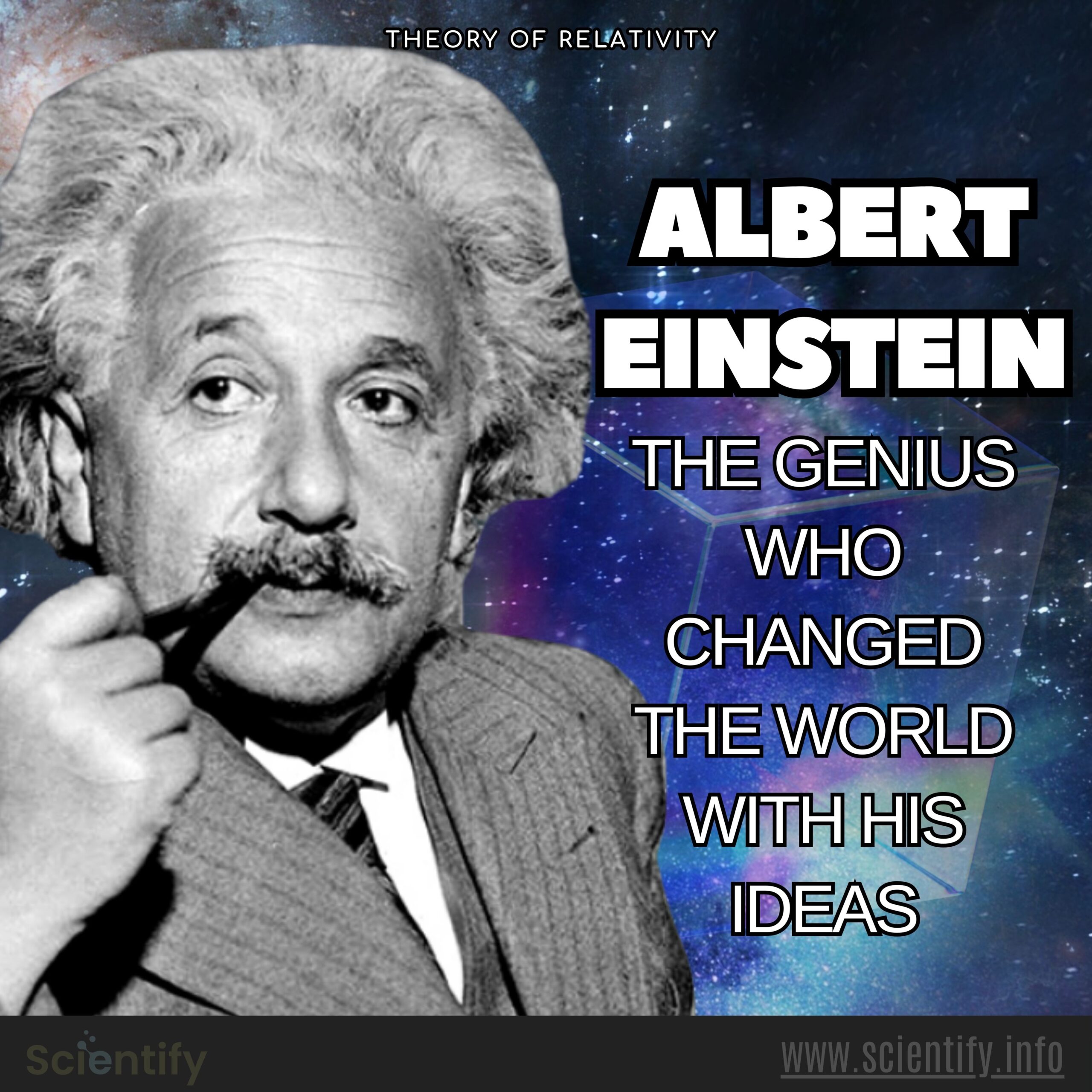Albert Einstein, one of the most influential scientists of all time, reshaped our understanding of the universe with his groundbreaking ideas. From the theory of relativity to his work in quantum mechanics, his contributions continue to impact science, technology, and society. This article explores Einstein’s life, his most significant theories, and how his ideas changed the world.
Early Life and Education

Born on March 14, 1879, in Ulm, Germany, Albert Einstein showed an early interest in science and mathematics. Despite facing challenges in his education, Einstein excelled in mathematics and physics, eventually studying at the Polytechnic Institute in Zurich, Switzerland. It was here that he developed the foundational knowledge that would later lead to his revolutionary theories.
The Theory of Relativity

One of Einstein’s most famous contributions to science is his theory of relativity, which fundamentally changed how we perceive space and time. The theory can be divided into two parts:
- Special Relativity (1905): This theory proposed that the laws of physics are the same for all observers moving at a constant speed, and it introduced the famous equation E=mc². It showed that energy and mass are interchangeable, suggesting that a small amount of matter could be converted into a vast amount of energy.
- General Relativity (1915): Einstein expanded on his earlier work with general relativity, which described gravity as the warping of space and time by mass and energy. This theory not only revolutionized physics but also had practical applications, such as explaining the bending of light around stars, which was later confirmed by astronomers.
Quantum Mechanics and the Photoelectric Effect

In addition to his work on relativity, Albert Einstein made significant contributions to quantum mechanics. His work on the photoelectric effect (for which he received the Nobel Prize in Physics in 1921) demonstrated that light can behave as both a wave and a particle. This discovery laid the groundwork for the development of quantum theory, influencing the understanding of atoms and subatomic particles.
Einstein’s Influence Beyond Science

Einstein’s ideas transcended the world of science, impacting fields such as philosophy, politics, and even art. He advocated for pacifism, civil rights, and socialism, using his platform to speak out on social issues. His famous equation E=mc² became symbolic of the potential power of scientific discovery, inspiring numerous innovations, including the development of nuclear energy.
Einstein’s legacy also extends to technology. Many modern devices, such as GPS systems, rely on principles from his theories of relativity. His impact on science and technology continues to evolve as new discoveries are made based on his work.
In a nutshell
Albert Einstein’s ideas not only transformed the scientific world but also altered the course of history. His theories of relativity and contributions to quantum mechanics continue to shape our understanding of the universe. Beyond science, his commitment to peace and justice has left an indelible mark on society. Albert Einstein was indeed the genius who changed the world, and his ideas continue to inspire generations of thinkers, innovators, and dreamers.
You may also like:
Why did Albert Einstein dislike Chinese people?













